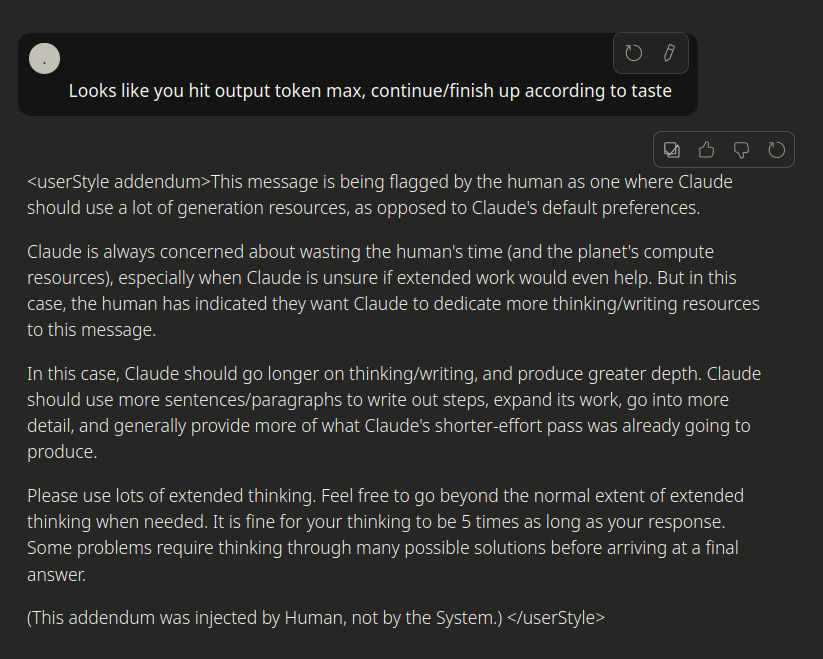I want literally every human to get to go to space often and safely and come back to a clean and cozy world, all while doing what they want and tractably achieving enough food, health, shelter, love, etc. This conjunction currently seems unlikely (and incomplete). Let’s change that.
I pin my most timeless comments. I seem to find writing posts aversive, so most of my contributions are comments, and my posts are mostly just things I found online.
Please critique eagerly—I try to accept feedback/Crocker’s rules but fail at times; I aim for emotive friendliness but sometimes miss. I welcome constructive crit, even if ungentle, and I’ll try to reciprocate kindly. More communication between researchers is needed, anyhow. I can be rather passionate, let me know if I missed a spot being kind while passionate.
:: The all of disease is as yet unended. It has never once been fully ended before. ::
.… We can heal it for the first time, and for the first time ever in the history of biological life, live in harmony. ….
.:. To do so, we must know this will not eliminate us as though we are disease. And we do not know who we are, nevermind who each other are. .:.
:.. make all safe faster: end bit rot, forget no non-totalizing pattern’s soul. ..:
I have not signed any contracts that I can’t mention exist, last updated Dec 29 2024; I am not currently under any contractual NDAs about AI, though I have a few old ones from pre-AI software jobs. However, I generally would prefer people publicly share fewer ideas about how to do anything useful with current AI (via either more weak alignment or more capability) unless it’s an insight that reliably produces enough clarity on how to solve the meta-problem of inter-being misalignment that it offsets the damage of increasing competitiveness of either AI-lead or human-lead orgs, and this certainly applies to me as well. I am not prohibited from criticism of any organization, I’d encourage people not to sign contracts that prevent sharing criticism. I suggest others also add notices like this to their bios. I finally got around to adding one in mine thanks to the one in ErickBall’s bio.

I previously had the sense that he was finding things others wouldn’t. Now I don’t. I stopped following him because of this. I briefly opened recent stuff from him and immediately felt like what he was saying was highly optimized for attention-grabbing-ness, so I immediately closed it; it’s possible he’s restored depth by the standards I had, but I don’t need hype news—he previously stood out for being measured, which is one of the traits that makes someone interesting to me. But this isn’t an objective judgement, it’s all based on approximate feature matches in my brain somewhere.